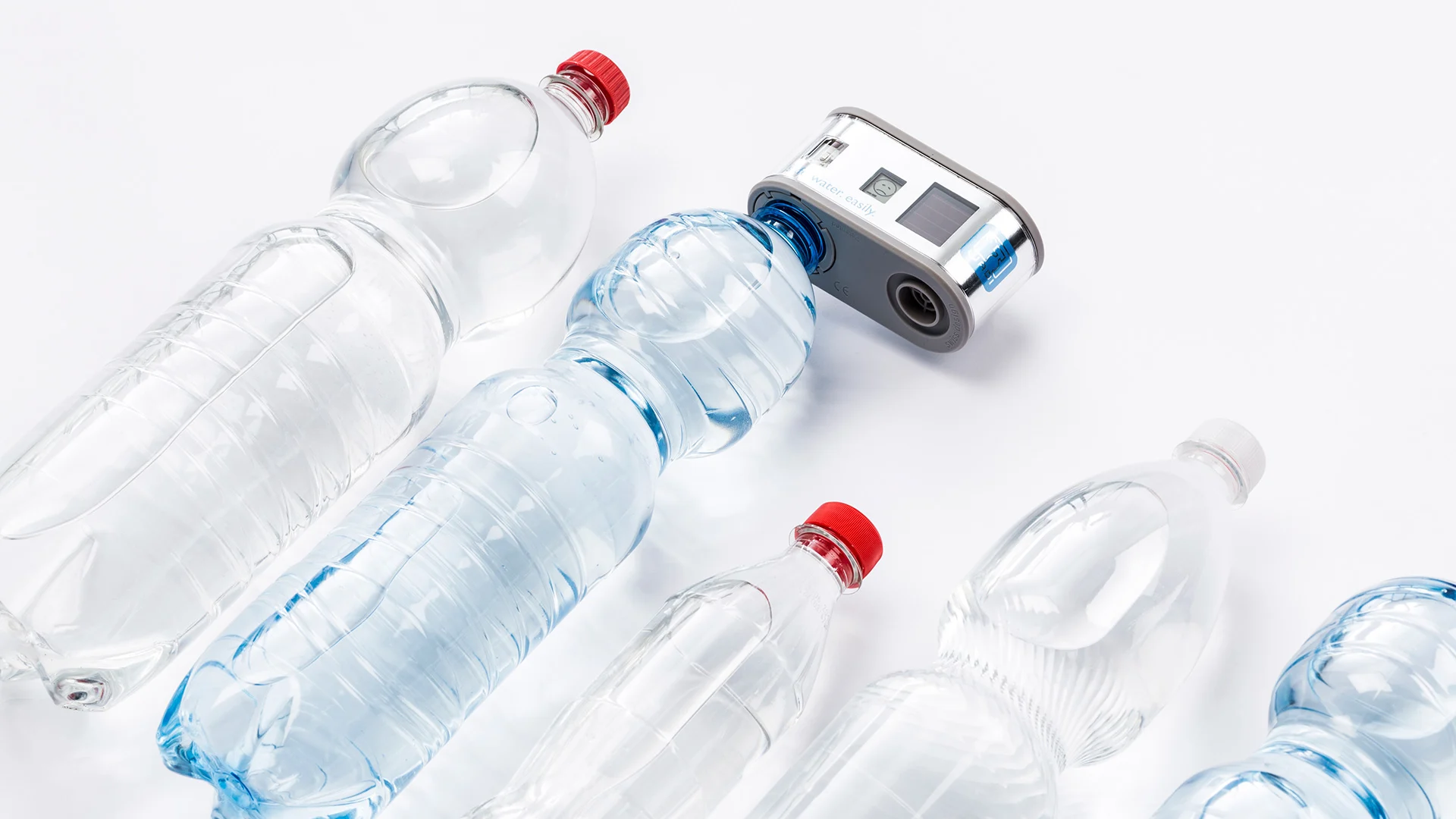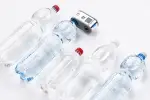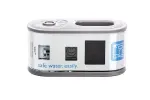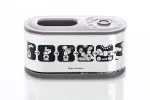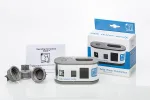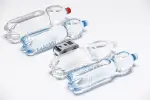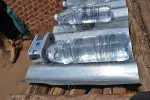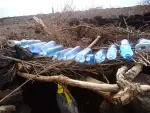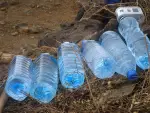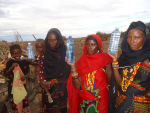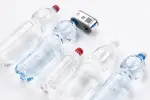Simple and cheap, solar water disinfection is a popular way of supplying clean drinking water in the developing world. By putting water in a PET plastic bottle and leaving it in the sun for a few hours, millions of people save themselves from getting sick every day.
While the method has been endorsed by UNICEF, the International Red Cross, and the World Health Organization, the problem is the time it takes for disinfection varies. In some very hot places, you might need only to place the bottle for 30 minutes in the sun. In other environments, it could be more like two days, depending on cloud cover and air pollution. That creates uncertainty for users, and in some cases leads people to drinking water before it’s ready.
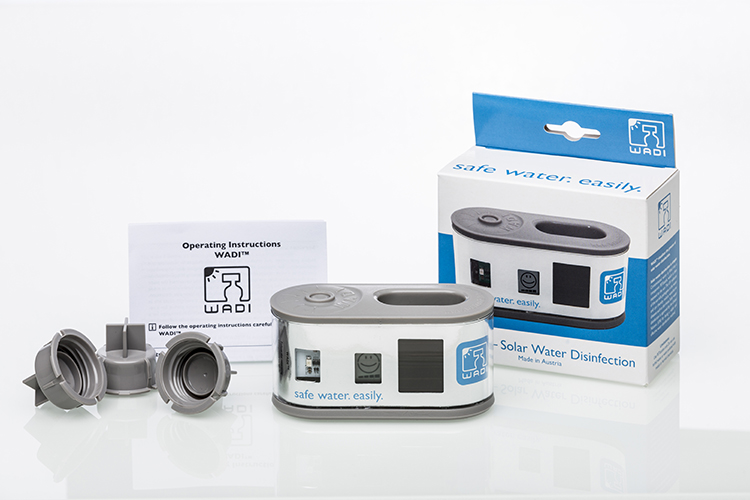
That’s why Martin Wesian wanted to develop the Wadi, a cheap device that measures the UV rate of the sun and can calculate when water is disinfected.
Wadi, which is solar-powered of course, works like an alternative bottle top. You screw it in place, leave it in the sun (you can measure several bottles at once if they’re close together), and then consult a progress bar on the side. An unhappy smiley indicates bad water. One, two, three, four bars (like on a mobile phone) show water getting cleaner. Finally, when there’s a happy face, you’re good to go.
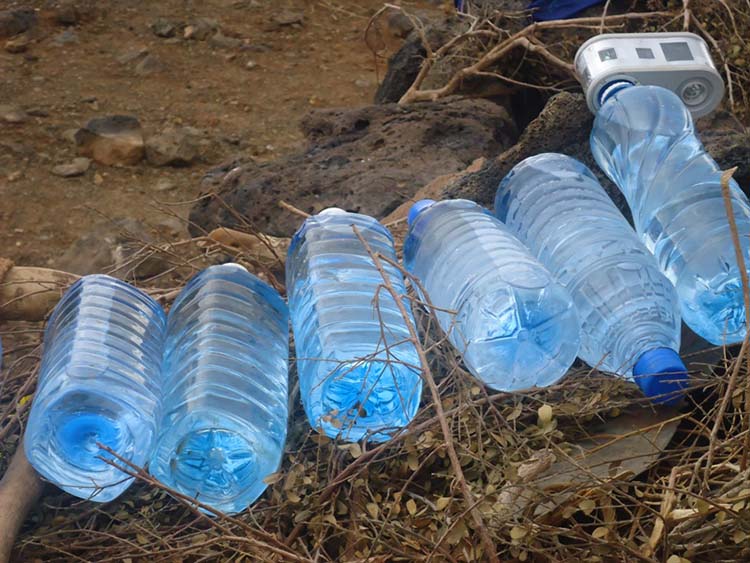
Wesian, who is Austrian, developed the device after talking with the Swiss Federal Institute of Environmental Science and Technology, the main group promoting solar disinfection around the world. He says the main challenge was getting the price of the device low enough for people to buy it. He’s currently at about $13.50 (10 Euros); his target is $10.
Wesian has set up a social enterprise called Helioz to market the Wadi. So far, he’s sold about 6,000 units, mostly to NGOs and research labs. He’s now looking for further investment as well as corporate partners that might want to rebrand the device.
